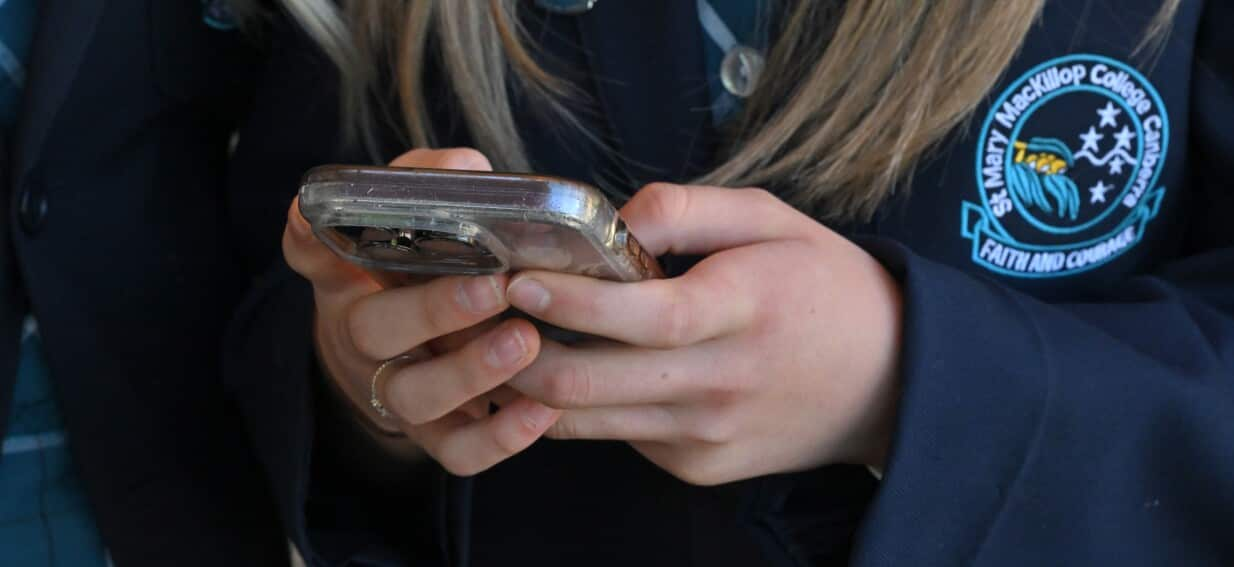Share this @internewscast.com

Australian teenagers have been given a two-week countdown to download or delete their data as social media giant Meta warns it’ll start shutting down accounts early.
The company has also acknowledged it expects problems with the age-verification technology it’s using, which could lead to people who are actually 16 having their accounts shut down.
The world-first social media restrictions for users under 16 are set to come into effect on 10 December.
However, as of Thursday, Meta has confirmed that users aged 13 to 15 will receive in-app messages or texts advising them that their accounts will be removed as early as 4 December.
The alerts have started appearing for children on Facebook, Instagram and Threads.
Teenagers will have the option to download their data or conversations, but all content will remain unchanged and exactly as they left it when they regain access to the platforms upon turning 16.
“While we are working hard to remove all users who we understand to be under the age of 16 by 10 December, compliance with the law will be an ongoing and multi-layered process,” Meta vice president and global head of safety Antigone Davis said in a statement.
YouTube, Snapchat, TikTok, X (formerly Twitter) and live-streaming platform Kick are also included in the ban, while popular gaming platform Roblox remains exempt for now.
The platforms are under pressure to implement reasonable measures to block underage users from maintaining accounts, facing potential fines as steep as $50 million should they fail to comply.
Communications Minister Anika Wells told reporters last week that the new laws will have significant mental health outcomes, acknowledging they weren’t a “cure” but “a treatment plan”.
“This initiative aims to return childhood to children and provide parents with much-needed reassurance,” a spokesperson stated.
While acknowledging that age-verification technology isn’t flawless, the margin of error is considered minimal.
Meta’s regional policy director Mia Garlick admits that some teenagers may “mistakenly lose access” during the shift.
She said users who have incorrectly received the notification can appeal the process.
“You’ll be able to appeal and prove your age either by uploading a video selfie or providing government-issued ID,” she said.
Despite the warning, a government report in August found “age assurance technology” can be implemented “efficiently and effectively”.
It did acknowledge that age-verification technology has a margin of error, but it was minor.
Experts have expressed concern that age-verification technology is a “pretty significant shift toward surveillance”.
Hassan Asghar, a computer science lecturer at Macquarie University, argues that company monitoring puts users at “risk of identity theft”.
“Age inference works by watching what we do online over long periods to guess our age — essentially encouraging tech companies to constantly monitor our digital behaviour.”
— With additional reporting by the Australian Associated Press.











